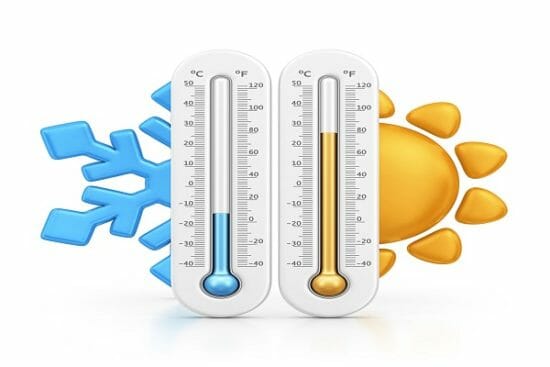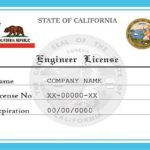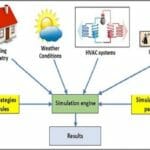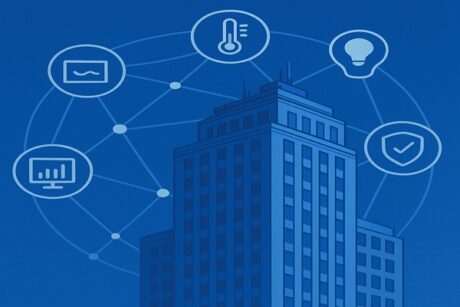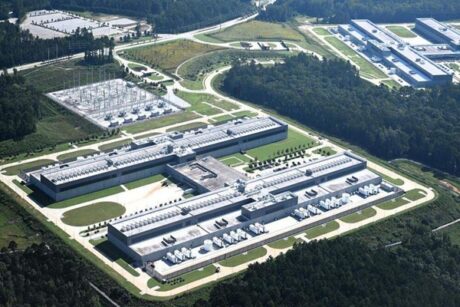- Course No E – 1777
- PDH Units: 2
No data found for Custom Course Number
No data found for Custom Course Units
- Course No E – 1777
- PDH Units: 2
Intended Audience: electrical, instrumentation & control engineers, energy auditors, O & M professionals, contractors, estimators, facility managers and general audience.
PDH UNITS: 2
Temperature is a principle parameter that needs to be monitored and controlled in most engineering applications such as heating, cooling, drying and storage. Temperature can be measured via a diverse array of sensors. All of them infer temperature by sensing some change in a physical characteristic be it a thermal expansion, thermoelectricity, electrical resistance or thermal radiation. There are four basic types of temperature measuring devices, each working on a different principle:
- Mechanical (liquid-in-glass thermometers, bimetallic strips, bulb & capillary, pressure type etc.)
- Thermocouples
- Thermo-resistive (RTDs and thermistors)
- Radiative (infrared and optical pyrometers)
Learning Objectives
Upon completion of the course, the student should understand:- Learn various types of temperature sensors;
- Understand the principle of operation of thermocouples (Peltier effect, Thompson effect and Seebeck effect);
- Describe the basic construction of a thermocouple including materials used;
- Understand the three laws of thermocouples (law of intermediate metals, law of intermediate temperatures and law of additive voltages);
- Describe the difference between grounded, ungrounded and exposed junctions;
- Describe the basic principle and construction of RTD’s and Thermistors;
- Understand the difference between the two main types of thermistors i.e. positive; temperature coefficient (PTC) and negative temperature coefficient (NTC);
- Explain how RTD resistance varies for increase and decrease of temperatures using bridge circuits;
- Describe the basic principles of radiative temperature measurement including infrared and optical pyrometers.
Once completed, your order and certificate of completion will be available in your profile when you’re logged in to the site.
Ethics Courses
Course No E - 1777
PDH Units: 2


